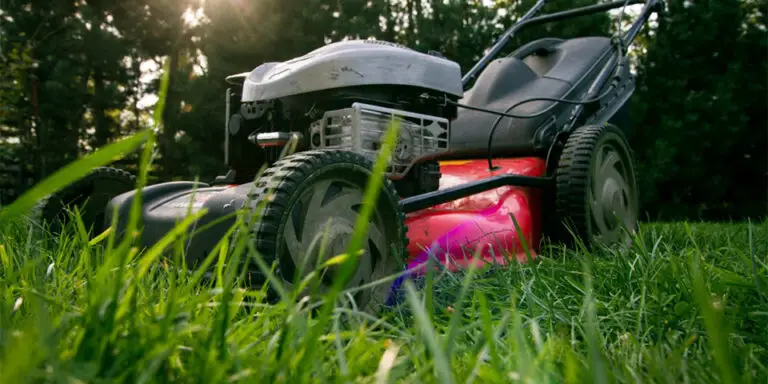

It is always a good idea to consult with a lawn care professional and ask any questions you may have. Mow on a regular schedule and mow as frequently or infrequently as possible for the time of the year and the weather conditions. Save yourself time and promote a healthier lawn by leaving the clippings where they lay. Mowing and the spread of clippings contribute to the spread of lawn diseases. Clippings should also be collected when a lawn disease is present in the lawn. Grass clippings should only be collected if the grass is overgrown and large clumps have formed, covering portions of the lawn.

They need to be sharpened for every 8-10 hours of actual mowing time.ĭuring the summer months, it is still a good idea to leave clippings in the lawn. It is also crucial to remember to keep mower blades sharp. Unfortunately, during the spring rains, this means that the grass may need mowed every 3-4 days depending on how quickly it is growing. Cutting more than 1/3 of the blade off can stress the plant by reducing root growth that is essential for summer drought months. When mowing, a good rule of thumb is to never remove more than 1/3 of the grass blade. In fact, they will actually benefit the lawn. When the proper mowing schedule and lawn care program is followed, clippings will not harm the lawn. Lawn clippings can be very beneficial to the lawn and it is recommended to leave the clippings in the lawn under most circumstances. "In most cases, thatch increases as mowing height increases.When it comes to mowing the lawn, one of the biggest questions is whether or not to collect the clippings. "Virtually all research conducted with turf has shown that grass clippings do not increase thatch," Cook said. Clippings break down quickly, often in a matter of a few weeks. A sharp blade will also help chop the clippings into smaller pieces as you mow over the lawn time after time.Ī mulching mower works even better, because it is designed to chop up clippings very fine and then deposits them down in the turf canopy.ĭespite rumors to the contrary, clippings do not promote thatch build up. You need to rake them or the grass underneath may be smothered.īe sure the mower blade is sharp and cuts, not tears, your grass. Your grass should be cut often enough so that not more than one-third of the grass blade is removed at any one time.ĭon't leave piles of heavy, wet clippings on the lawn. If clippings are removed, then the only way to keep fertility up is to keep adding more fertilizer." "I consider mowing more important than fertilizer if clippings are returned via a mulching mower. "Frequent mowing, about once a week during the growing season, will have a greater impact on turf quality than any other lawn care practice except irrigation in the summer," he said. If you plan to leave the clippings, mow the lawn often. 5 percent phosphorus and 2.5-3.5 percent potassium, said Cook. Grass clippings contain up to the equivalent per weight of 3-4 percent nitrogen.

"And on lawns growing in clay soils, I have produced acceptable quality turf for as long as 12 years without adding any fertilizer at all." "Our research has shown that we can cut the fertilizer application rate almost in half when we return clippings with a mulching type rotary mower," explained Cook. Leaving clippings helps save fertilizer costs and thereby prevents ground and surface water contamination.

Unless you've let the lawn grow excessively long, or the clippings are in thick clumps, grass clippings are a good source of nutrients. CORVALLIS - In case you've been wondering what to do with your grass clippings, just leave them on the lawn, advises Tom Cook, turf grass specialist at Oregon State University.


 0 kommentar(er)
0 kommentar(er)
